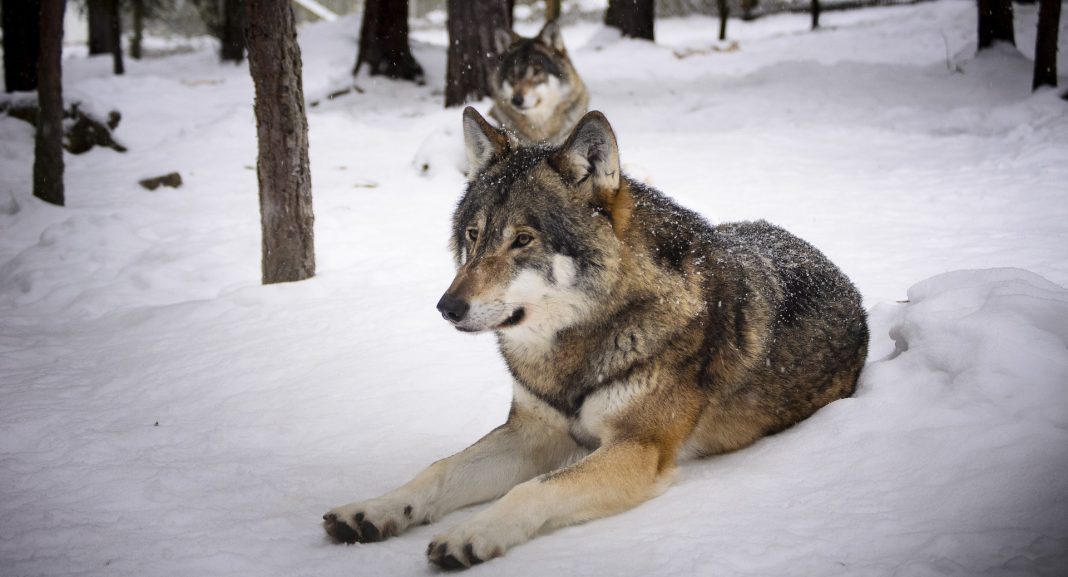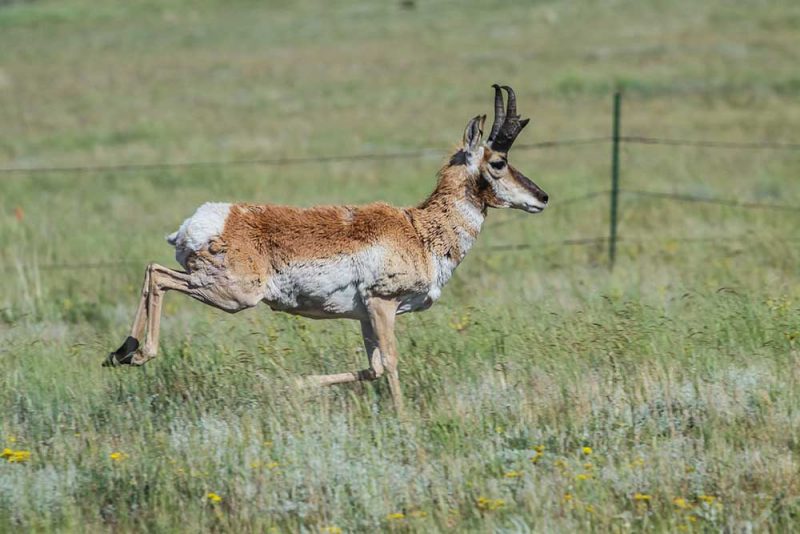“Wolves only kill what they need”. At least that is what pro-wolf groups want you to believe. But on this Wisconsin farm, 36 sheep were killed in a single night.
On the Morning of May 13th, Paul and Judy Canik woke to find the carnage left behind from the Flood Creek Pack. According to a count from this winter, the pack has eight dogs. The 5 ewes were left uneaten and 24 of the lambs were carried off-site. “The one pregnant ewe carrying triplets, she survived by standing in the middle of the pond,” Paul said. The Caniks were only able to save two injured ewes and two lambs.
This type of incident is referred to as a surplus killing. According to USDA Supervisory Wildlife Biologist Dave Ruid, they don’t know why wolves occasionally kill more than they will eat, however; they suspect because it is easy to kill prey in a pen, a wolf’s natural instinct is to kill to excess when presented with the opportunity.
This is not the Canik’s first incident of surplus killing. The same pack attacked in 2016 and killed 17 of their bighorn sheep valued at $1200 each. As a result, the USDA Wildlife Service installed two miles of electric fencing and colored flags around the property. The fencing had not been installed yet this year.
Brad Koele, a wildlife biologist for the Wisconsin Department of Natural Resources, says this is a learned behavior from the pack, and it’s a cycle that will be hard to break.
“There are lots of wolves and wolf packs out there that aren’t causing any issues to livestock,” said Koele. “Packs that do kill livestock often teach their young, and we see them preying on farm animals again and again.”
Because the wolves have not been delisted, killing the wolves is not an option. Relocating the wolves is also not an option because there are no vacant areas in the state according to Ruid.
For now, all the Caniks can do is apply for reimbursement through the state. They also plan to put a radio in the middle of the pasture to hopefully scare wolves away.
Should Pro-Wolf groups be held responsible for these types of incidents?















